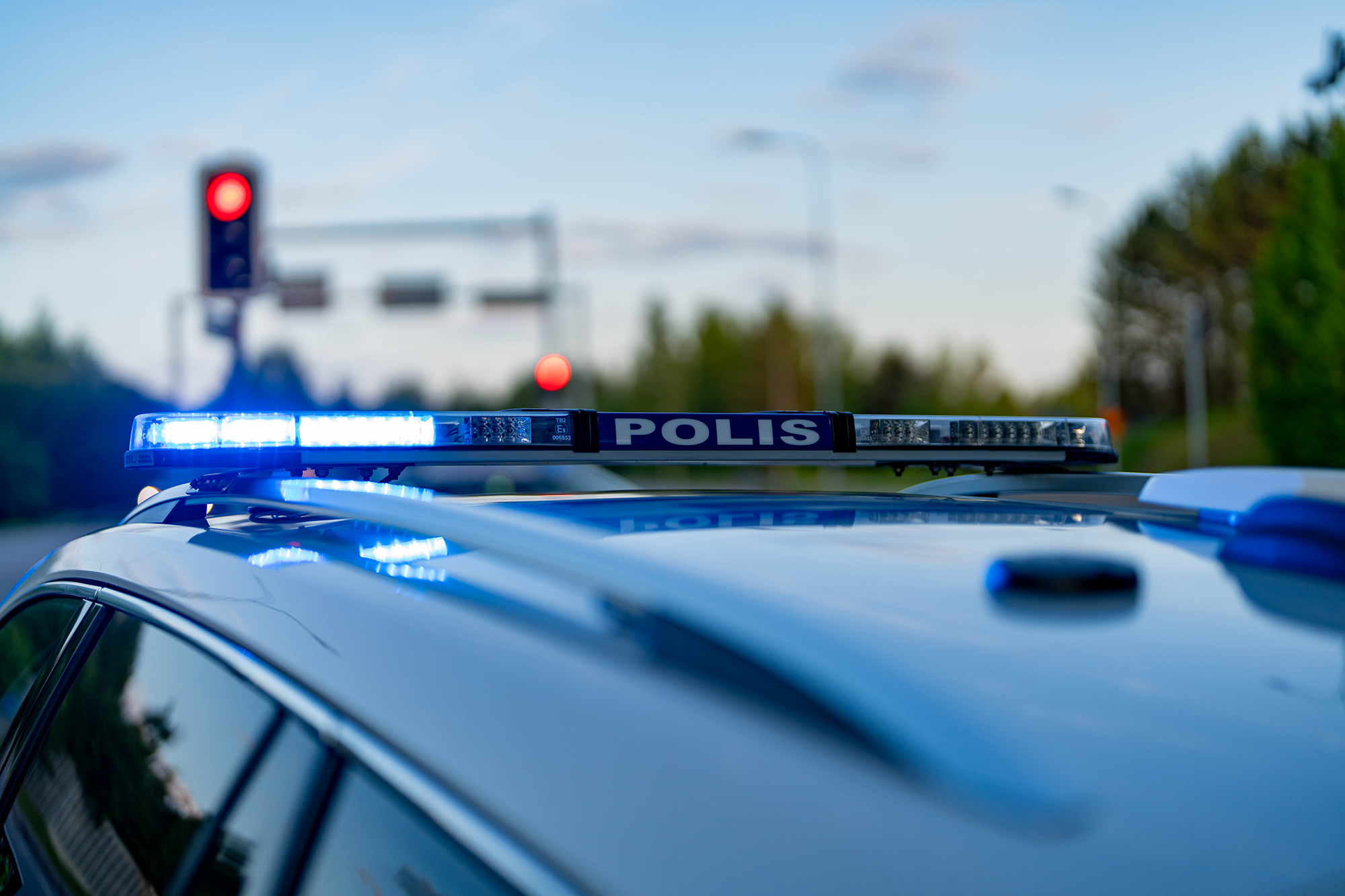Breadcrumb
Navigation Menu
Hälytyspalvelut en
Emergency response
Emergency number – 112
If you need urgent police assistance, call the national emergency number 112.
- If someone has been injured, begin administering first aid. Prevent any further damage from occurring, if possible.
- You do not need an area code, just dial 112. Calls to the emergency number are free from all telephones.
- You can also use the emergency number to report a crime in progress. Even if you are not sure what is going on, it is always better to call than not call.
- Act quickly to get the help you need in time. Never be afraid to call the emergency number. The operators at the emergency response centre know what to do and what questions to ask.
Do not use the emergency number
- if the situation is not urgent,
- to ask about licensing, vehicle regulations or the progress of a criminal investigation, or
- for general enquiries relating to faults or disturbances such as a power cut, the coronavirus pandemic or traffic congestion.
Emergency response
Responding to emergencies is one of the most visible and best known aspects of police work. Most emergencies are responded to by uniformed police officers in marked police cars.
The police’s emergency response operations are planned, overseen and coordinated by the National Police Board.
The duties of uniformed police include, among others,
- esponding to emergency calls,
- community policing and preventing crime and disturbances,
- maintaining public order and security,
- traffic enforcement and liaising with traffic officers,
- crime scene investigation and other investigative procedures in connection with minor crimes, and
- assisting other authorities.
Each year, the police responds to approximately one million incidents reported either by members of the public or police patrols themselves.
How long does it take the police to reach the scene of an incident?
The police’s operational response time depends on the distance between the location of the incident and the nearest police unit, the number of other incidents in the area, and the number of police units available at any given time. Emergency calls are graded by urgency, and incidents in which there is a danger to life or a risk of injury to a person are given priority over other kinds of emergencies.
The first police unit reaches the scene of a high-priority incident within 10 minutes on average, although the time varies depending on geographical distances.
Cooperation with other authorities
Emergency response is often a joint effort by multiple authorities. In the event of a fire, for example, the police is responsible for cordoning off the area and preventing unauthorised access, while the fire department attends to the fire itself. The police also has a duty to assist other authorities in an emergency. The police’s role in joint operations with other authorities usually focuses on ensuring safety and dealing with any criminal aspects of the incident.
Diverse range of duties
The police’s emergency response organisation usually operates in three shifts. Weekends, holidays and special occasions when people are off work tend to be the busiest times for the police. Most uniformed police officers work 12-hour shifts.
Much of the work is responding to emergency calls. Patrol units that are not needed elsewhere also help to enforce traffic rules and maintain public order. This can be done, for example, by walking the streets and observing the public in shopping centres or at train and bus stations. Any disturbances or crimes that catch the officers’ attention are dealt with on the spot.
The staff on duty during each shift includes a commanding officer who acts as the duty commander and manages the officers working the shift. The practical aspects of the officers’ work out on the streets are coordinated by a field commander. The field commander is responsible for grading incidents by level of urgency and ensuring that enough resources are despatched to each scene. Both the field commander and the duty commander are constantly aware of the workload of the officers on duty in their jurisdiction.
Does the police deal with emergencies at sea?
Marine police officers are on hand to assist with emergencies at sea in the summer. Emergencies in coastal areas typically relate to either shipping or recreational boating. Maritime rescue per se is the responsibility of the Border Guard.
A maritime escue operation can involve, for example,
- assisting a ship or boat in distress,
- preventing accidents,
- searching for missing persons,
- medical consultation, or
- transporting sick or injured persons.
The Police and the Border Guard often handle these kinds of operations together.

